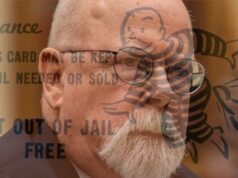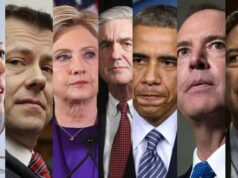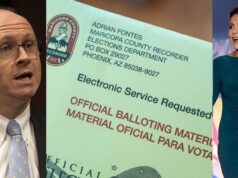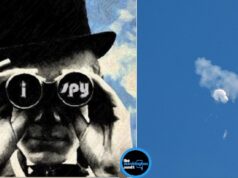BALTIMORE (AP) — Under intense public pressure, the nation’s Roman Catholic bishops approved new steps this week to deal more strongly with the clergy sex-abuse crisis. But activists and others say the moves leave the bishops in charge of policing themselves and potentially keep law enforcement at arm’s length.
As their national meeting in Baltimore concluded Thursday, leaders of the U.S. bishops conference stopped short of mandating that lay experts such as lawyers and criminal justice professionals take part in investigating clergy accused of child molestation or other misconduct. They also did not specify a procedure for informing police of abuse allegations that come in over a newly proposed hotline.
“Even the bishops themselves recognize they have lost their credibility in monitoring this dreadful crisis,” said Thomas Groome, a professor at Boston College’s School of Theology. “Without strong oversight by competent lay people, it won’t be seen as credible.”
Groome said the bishops should have no hesitation in declaring that credible allegations should be reported to police.
“They’re not dealing simply with a sin, they’re dealing with a crime,” he said. “They do not have the power to forgive crimes.”
The Baltimore meeting followed a string of abuse-related developments that have presented the bishops and the 76-million-member U.S. church with unprecedented challenges. Many dioceses around the country have been targeted by prosecutors demanding secret files, and a number of high-ranking church officials have become entangled in cases of alleged abuse or cover-ups.
According to a recent Pew Research Center survey, the crisis has led about one-quarter of U.S. Catholics to reduce their attendance at Mass and their donations to the church. Even some bishops sense that many Catholics are distancing themselves from the church because of the furor.
“One of the terrible costs of the scandal is costing people their faith,” said Cardinal Joseph Tobin of Newark, New Jersey. “So I think it’s entirely right that we give priority to this.”
Of the anti-abuse measures approved by the bishops during three days of deliberations, the most tangible was the planned creation of a national hotline — to be operated by a yet-to-be-chosen independent entity — to field allegations of abuse and cover-ups by bishops.
The allegations would be forwarded to a regional supervisory bishop, who would have the task of reporting to law enforcement and the Vatican and deciding if lay experts should investigate the complaint.











